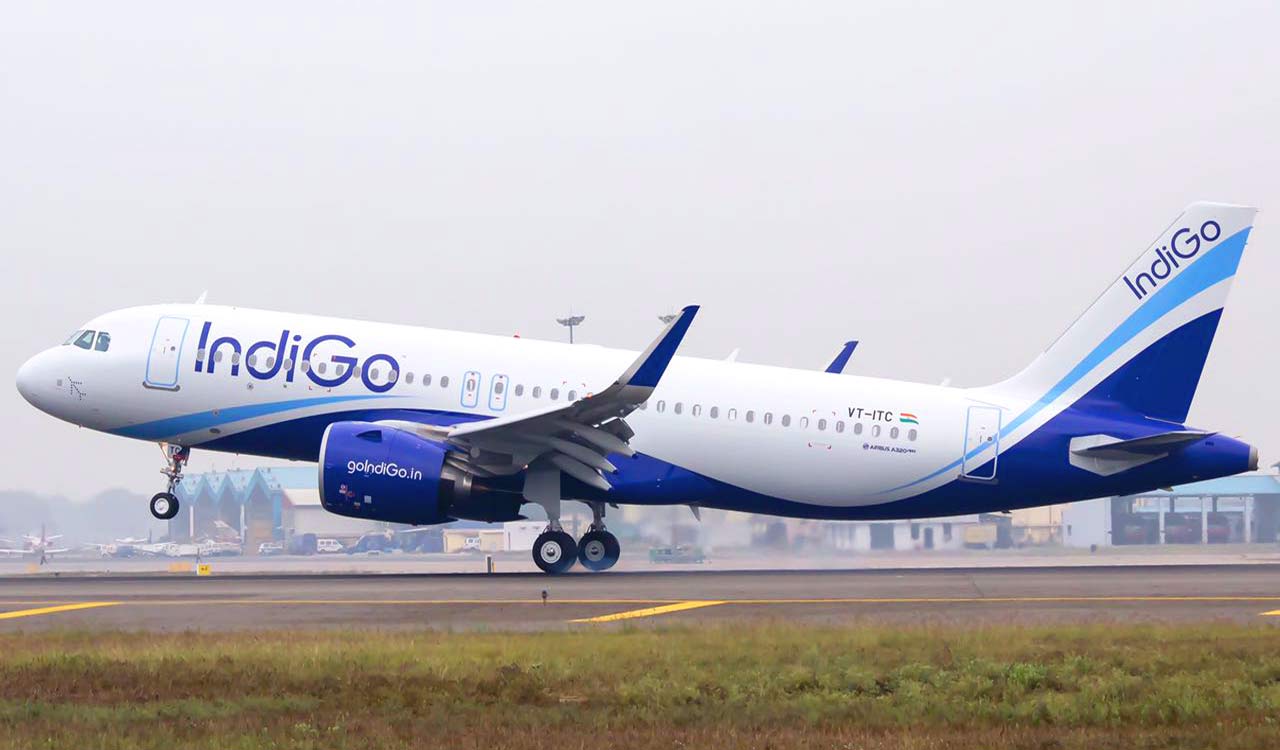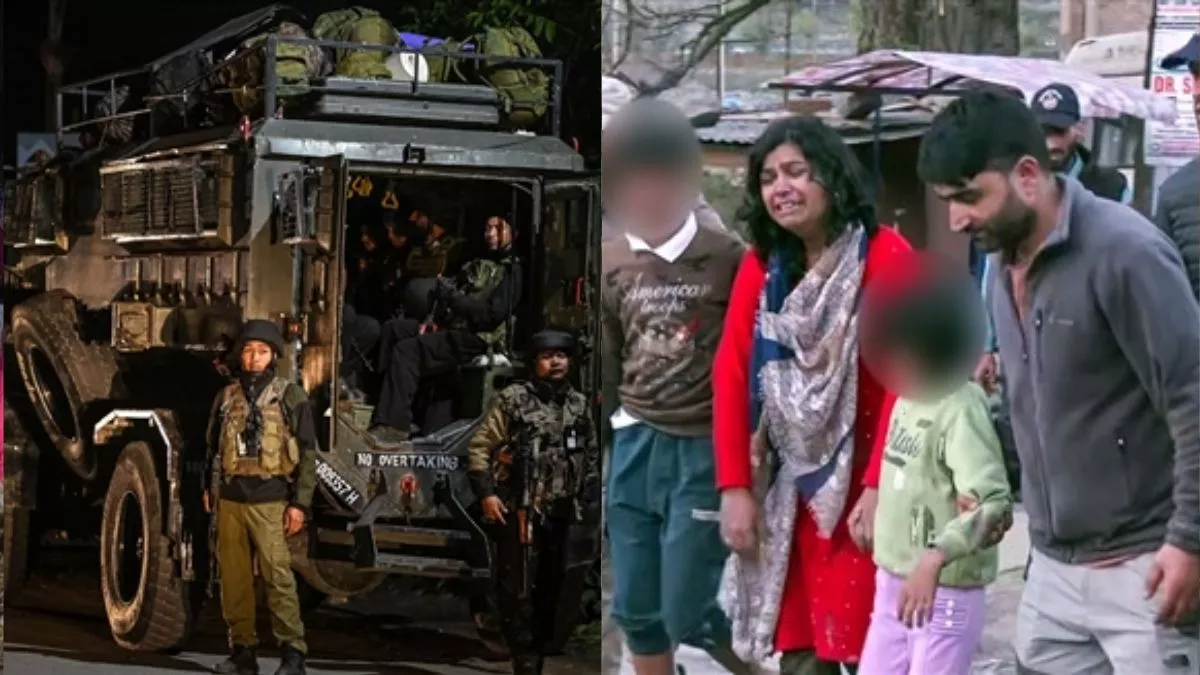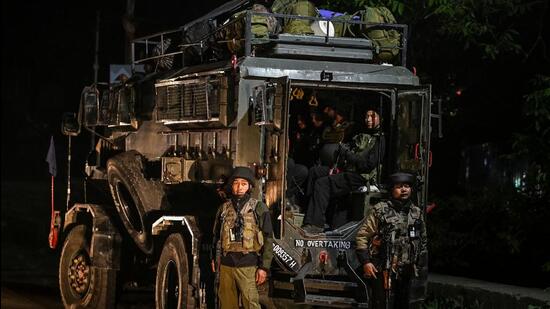Mumbai
New Implications for Mumbai Police
The ECI is expected to monitor the situation closely to ensure that its guidelines are followed diligently, reinforcing the idea that electoral integrity

In a decisive move to uphold the integrity of the electoral process, the Mumbai Police transferred 111 inspector-rank officers out of the city on October 5, 2024. This action was taken in direct response to an order from the Election Commission of India (ECI), which sought to address concerns about the potential influence of long-serving officers on the upcoming elections.
Understanding the ECI’s Directive
The Election Commission of India mandates that police officers who have served more than three years in a particular area must be transferred before elections. This regulation is designed to prevent any possibility of undue influence or bias that could arise from officers’ long-term associations with local political dynamics.
Following inquiries from the ECI regarding the Mumbai Police’s compliance with these guidelines, the Chief Secretary and the Director General of Police were asked to provide an action report by August 20, 2024. The subsequent transfer of 111 inspectors marks the police department’s commitment to adhering to ECI regulations and promoting free and fair elections.
The Rationale Behind the Transfers
The recent transfers are not just administrative; they are a crucial strategy to ensure that the electoral process remains fair and transparent. By relocating officers who have been stationed in the city for an extended period, the Mumbai Police aims to eliminate any potential for bias during the electoral process.
Such measures are essential in preserving public trust in the police force, particularly during a time when the integrity of elections is under scrutiny. This proactive step is expected to enhance the credibility of law enforcement in the eyes of the electorate.
Implications for Electoral Integrity
The transfer of these inspectors highlights the importance of maintaining an unbiased law enforcement presence during elections. The risk of long-serving officers exerting undue influence can compromise the electoral process, making these transfers a necessary safeguard against potential misconduct.
Historically, similar transfer protocols have been implemented successfully in various states, leading to improved electoral outcomes and increased public confidence in the electoral process. The ECI’s insistence on these transfers underscores its commitment to upholding democratic values across the nation.
Public and Political Reactions
The decision to transfer 111 inspectors has generated various reactions among the public and political factions. Many citizens view this action as a crucial step towards ensuring a fair electoral environment. Conversely, some political leaders have raised questions about the timing and effectiveness of these transfers, emphasizing the need for a neutral policing strategy.
Political analysts believe that the impact of these transfers on local law enforcement dynamics will be significant. As the elections approach, maintaining public confidence in the police’s impartiality will be critical for ensuring a smooth electoral process.
The Role of Mumbai Police in Upcoming Elections
With the transfers now in effect, the Mumbai Police must work diligently to maintain law and order during the upcoming elections. Newly appointed inspectors will need to familiarize themselves with their responsibilities quickly to address any challenges that may arise.
The ECI is expected to monitor the situation closely to ensure that its guidelines are followed diligently, reinforcing the idea that electoral integrity is paramount for a functioning democracy.
The transfer of 111 inspectors from the Mumbai Police is a significant step towards ensuring the integrity of the electoral process. By complying with ECI directives, the Mumbai Police demonstrates its commitment to maintaining a fair and transparent election environment. As election day approaches, all eyes will be on law enforcement’s role in safeguarding the democratic rights of citizens.

Mumbai
A Crucial New Date for Nanded Bypolls
As the campaign heats up, key issues will emerge that resonate with the electorate. Infrastructure development, education, healthcare access

The upcoming Nanded Lok Sabha bypolls on November 20, 2024, represent a significant electoral event for Maharashtra, following the passing of esteemed Congress leader Vasant Chavan. As political parties gear up for a heated contest, voters are poised to make decisions that could redefine the region’s political trajectory. With results expected on November 23, the bypolls will serve as a crucial litmus test for parties and candidates alike.
Maharashtra’s Political Landscape: A Brief Overview
Maharashtra has long been a crucial political battleground in India, characterized by a diverse electorate and a rich history of political activity. The Nanded constituency, traditionally a stronghold for the Congress, is now at a crossroads following Chavan’s death. This bypoll is not just a replacement for an MP; it represents the competing ideologies and aspirations of various political parties.
As the state prepares for both the Lok Sabha bypolls and simultaneous Assembly elections, the outcome could have far-reaching consequences for Maharashtra’s governance and political alliances.
Candidates and Campaign Strategies
The race for the Nanded Lok Sabha seat is expected to feature candidates from the Congress, BJP, Shiv Sena (UBT), and NCP, among others. Each party will deploy unique strategies to appeal to voters. The Congress is likely to nominate a candidate who can effectively communicate Vasant Chavan’s legacy while also addressing current issues that matter to the electorate.
In contrast, the BJP will aim to leverage its national presence and assertive campaign tactics to attract undecided voters. Regional parties will focus on local issues and community engagement to secure their voter base. The diversity of candidates and their strategies will create a dynamic political atmosphere, making the race even more compelling.
Voter Expectations: Issues that Resonate
As campaigning intensifies, voters in Nanded are looking for candidates who can genuinely address their concerns. Key issues such as infrastructure development, healthcare, education, and employment opportunities will be at the forefront of voter discussions. The ability of candidates to articulate their plans for these critical areas will be vital in garnering support.
Moreover, constituents are increasingly valuing transparency and accountability. Voters are more informed and engaged, making them less tolerant of empty promises. Candidates must demonstrate a clear understanding of local challenges and propose actionable solutions that resonate with the electorate’s aspirations.
The Role of Social Media in Modern Campaigning
In today’s digital age, social media is becoming an essential tool for political campaigns. Candidates are leveraging platforms like Facebook, Twitter, and Instagram to engage with voters, share their messages, and mobilize support. Effective use of social media can significantly enhance a candidate’s visibility and outreach, especially among younger voters.
As the bypolls approach, candidates who adeptly navigate social media can create a strong online presence, effectively communicating their vision and connecting with constituents. The importance of digital campaigning cannot be overstated in this election, as it allows for real-time interactions and feedback from the electorate.
The Future of Maharashtra Politics Post-Bypolls
The Nanded Lok Sabha bypolls will have implications beyond local representation. A victory for the Congress could solidify its position as a leading party in Maharashtra, while a win for the BJP might signal a shift in voter preferences and political allegiances. The outcome may also shape party strategies leading up to the 2025 general elections.
As political parties analyze the results, they will undoubtedly reassess their approaches, alliances, and outreach strategies. This bypoll serves as a precursor to the larger electoral battles ahead and will influence the political dynamics in Maharashtra for the foreseeable future.
The Nanded Lok Sabha bypolls on November 20, 2024, are poised to be a critical event in Maharashtra’s political journey. With the memory of Vasant Chavan still fresh in the minds of voters, candidates will have to navigate a complex landscape of ideologies and aspirations. As the election unfolds, the decisions made by the electorate will set the stage for future political developments in the state, highlighting the enduring significance of grassroots engagement and responsive governance.







